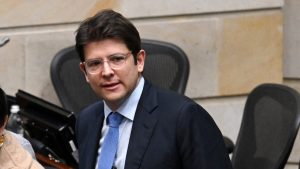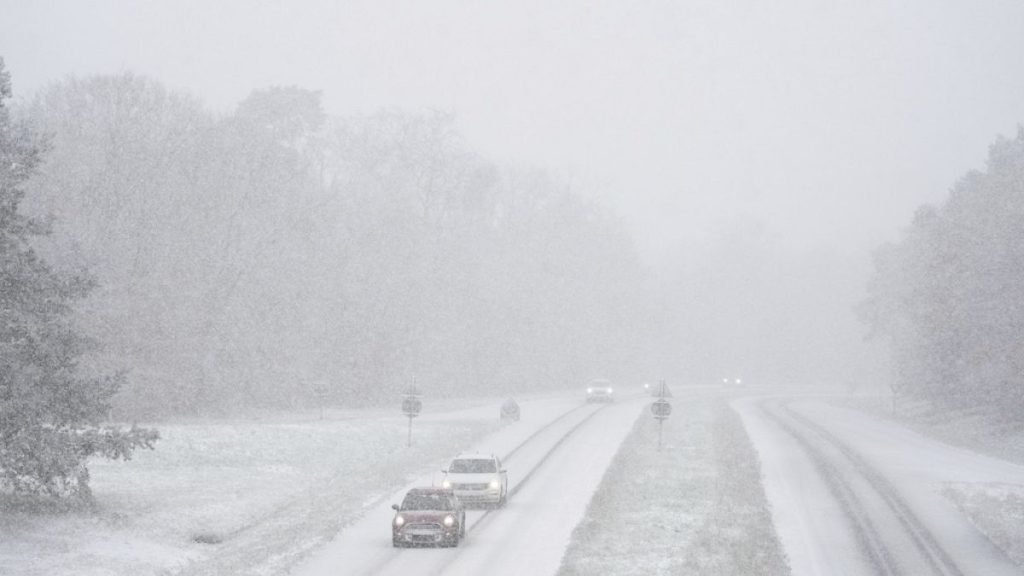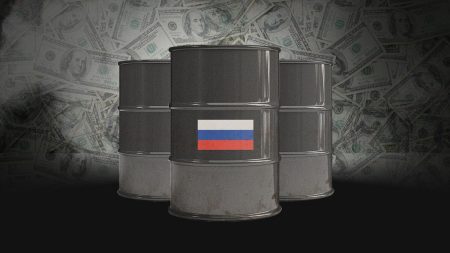The European Commission asserts that the recent cessation of Russian gas transit through Ukraine poses no immediate threat to the EU’s energy security, despite a significant decline in gas reserves coinciding with a cold snap across the bloc. This reassessment comes a week after the expiration of a five-year transit agreement between Russia’s Gazprom and Ukraine’s Naftogaz on January 1st, 2025, effectively halting the flow of Russian gas through pipelines dating back to the Soviet era. While the immediate impact has been minimal due to preemptive efforts by the EU and member states to diversify supply sources and routes, the recent drop in stored gas has raised concerns. Data reveals that reserves have dwindled from approximately 95 billion cubic meters in early November 2024 to around 75 billion cubic meters currently, representing roughly one-fourth of the EU’s annual gas consumption since the onset of the war in Ukraine.
The European Commission, however, downplays the significance of this decline, emphasizing that storage levels remain at around 70% capacity. This figure, they argue, is still higher than the average pre-war levels, suggesting a sufficient buffer against potential shortages. Commission spokesperson Ana-Kaisa Itkonen acknowledges the higher withdrawal rates compared to the previous year but maintains that the situation is under control. It’s worth noting that at this same juncture in January 2024, gas storage facilities across the EU were considerably fuller at 85%. This disparity underscores the impact of the ongoing geopolitical tensions and the shift away from Russian gas reliance.
Slovakia, a nation that, alongside Hungary and Austria, has continued to depend on Russian pipeline gas even after the invasion of Ukraine, has expressed strong disapproval of Ukraine’s decision not to renew the transit agreement. Slovak Prime Minister Robert Fico, a vocal critic of the move, reiterated his stance that the decision would ultimately be more detrimental to the EU than to Russia. He argues that the cessation of transit through Ukraine disrupts a crucial supply route and increases the EU’s vulnerability to energy shortages, potentially benefiting Russia by strengthening its leverage in the region. This perspective highlights the complex interplay of interests within the EU and the challenges of achieving a unified energy policy in the face of differing national priorities.
Diplomatic sources in Slovakia indicate that Prime Minister Fico and Deputy Prime Minister Denisa Saková, who also serves as the economy minister, intended to address this issue with European Commission officials in Brussels. While a meeting initially scheduled with the Commission and Ukrainian representatives was reportedly cancelled due to Kyiv’s refusal to participate, the Commission neither confirms nor denies this claim. The EU executive maintains its position that there are no immediate security of supply concerns for member states, downplaying the significance of any ongoing discussions with affected governments or other stakeholders. They emphasize that these dialogues do not necessarily indicate underlying anxieties about potential shortages.
The Commission reiterates its commitment to collaborating with member states and regional partners to implement its roadmap aimed at completely phasing out Russian fossil fuels. This strategic objective underscores the EU’s long-term commitment to reducing its energy dependence on Russia and diversifying its energy sources. The current situation with the Ukrainian gas transit serves as a catalyst for accelerating this transition and reinforces the importance of securing alternative supplies, such as liquefied natural gas (LNG) and renewable energy sources.
Concurrent with the halt in gas transit through Ukraine, Russia has also curtailed gas supplies to Moldova. Moldovan Prime Minister Dorin Recean interprets this move as a deliberate attempt to destabilize his country, which, like Ukraine, is seeking EU membership. This action further complicates the regional energy landscape and highlights the vulnerability of countries reliant on Russian gas. It underscores the strategic importance of energy diversification and the need for regional cooperation to mitigate the impact of such disruptions. The EU’s support for Moldova and Ukraine in securing alternative energy sources becomes crucial in countering Russia’s perceived attempts to exert political pressure through energy supply manipulation.










